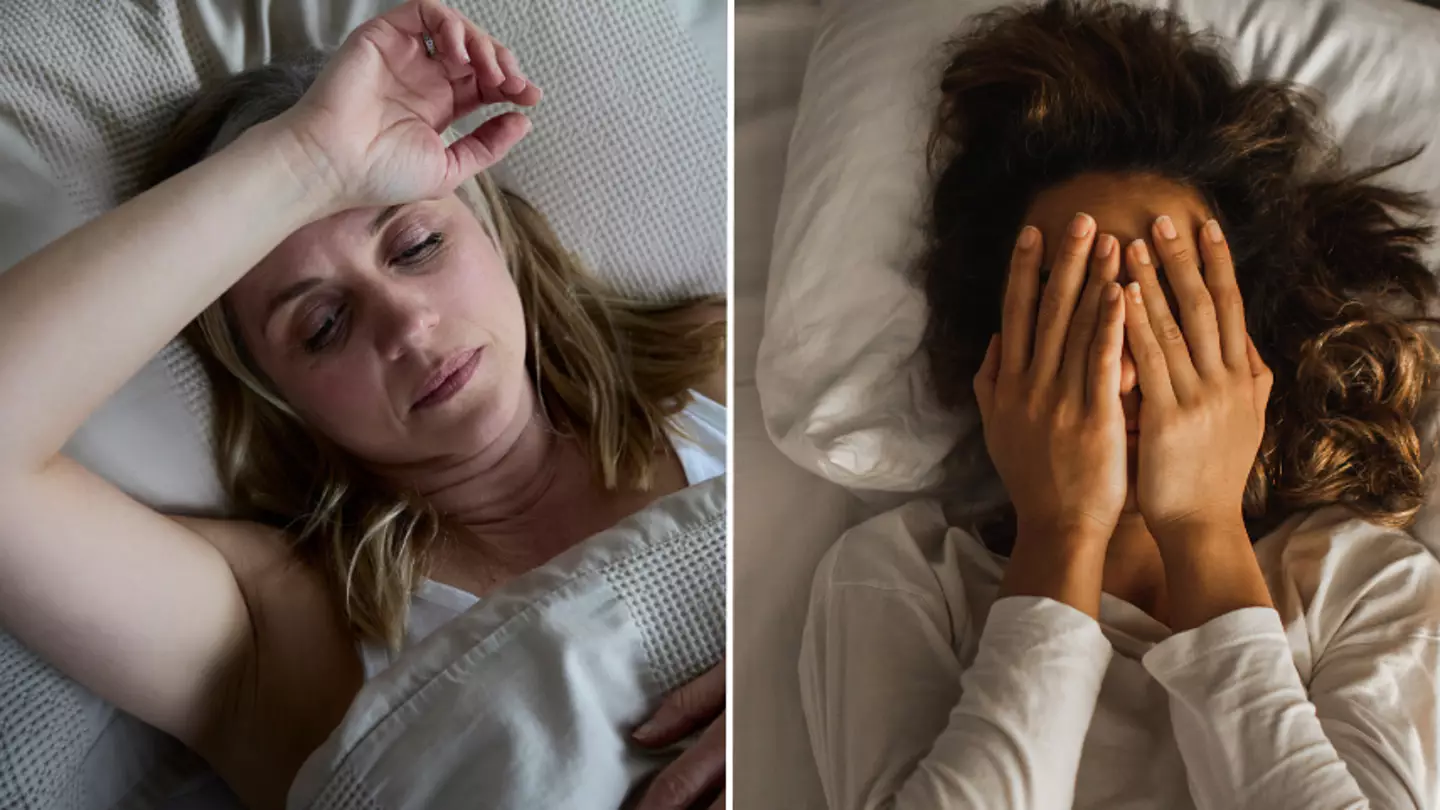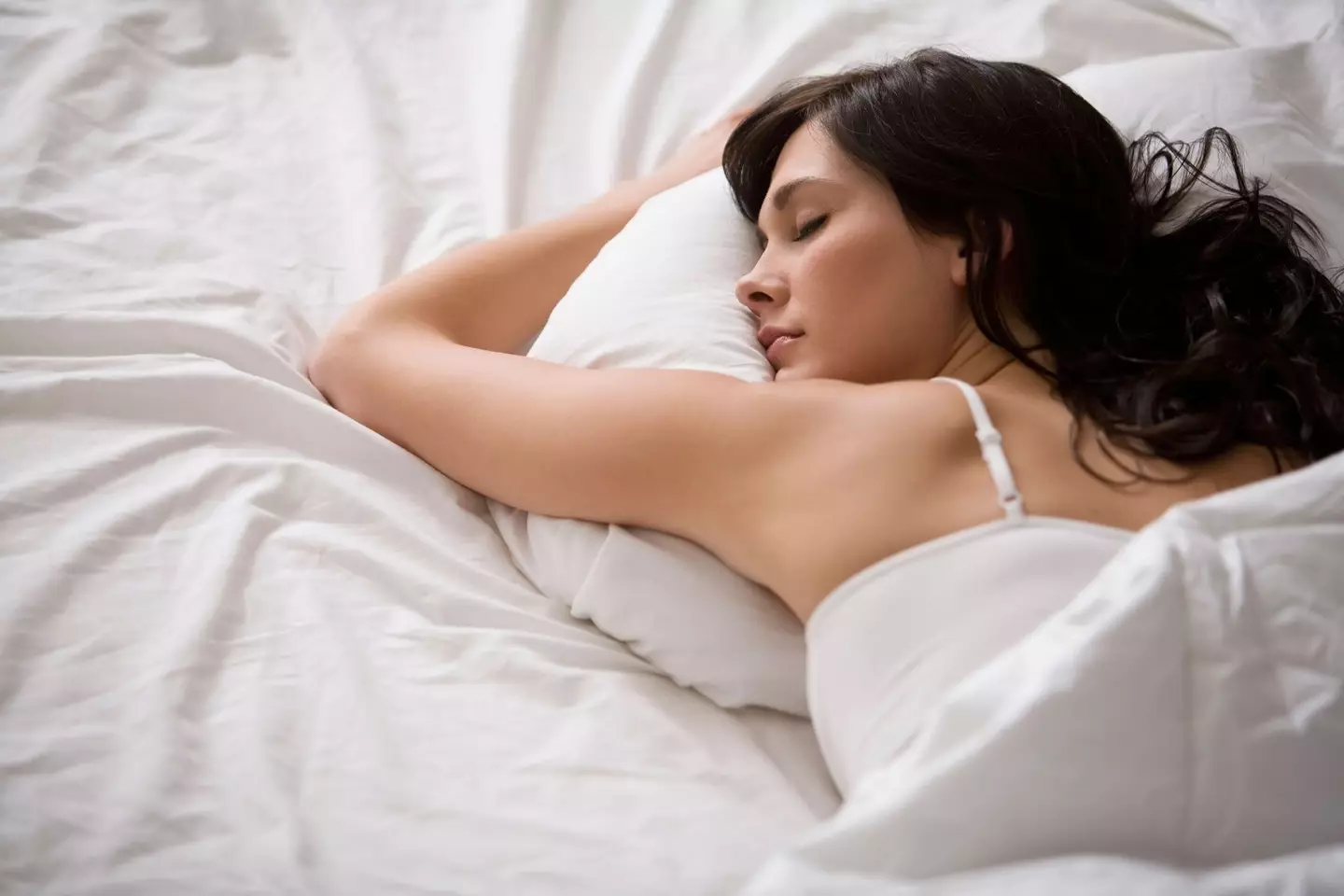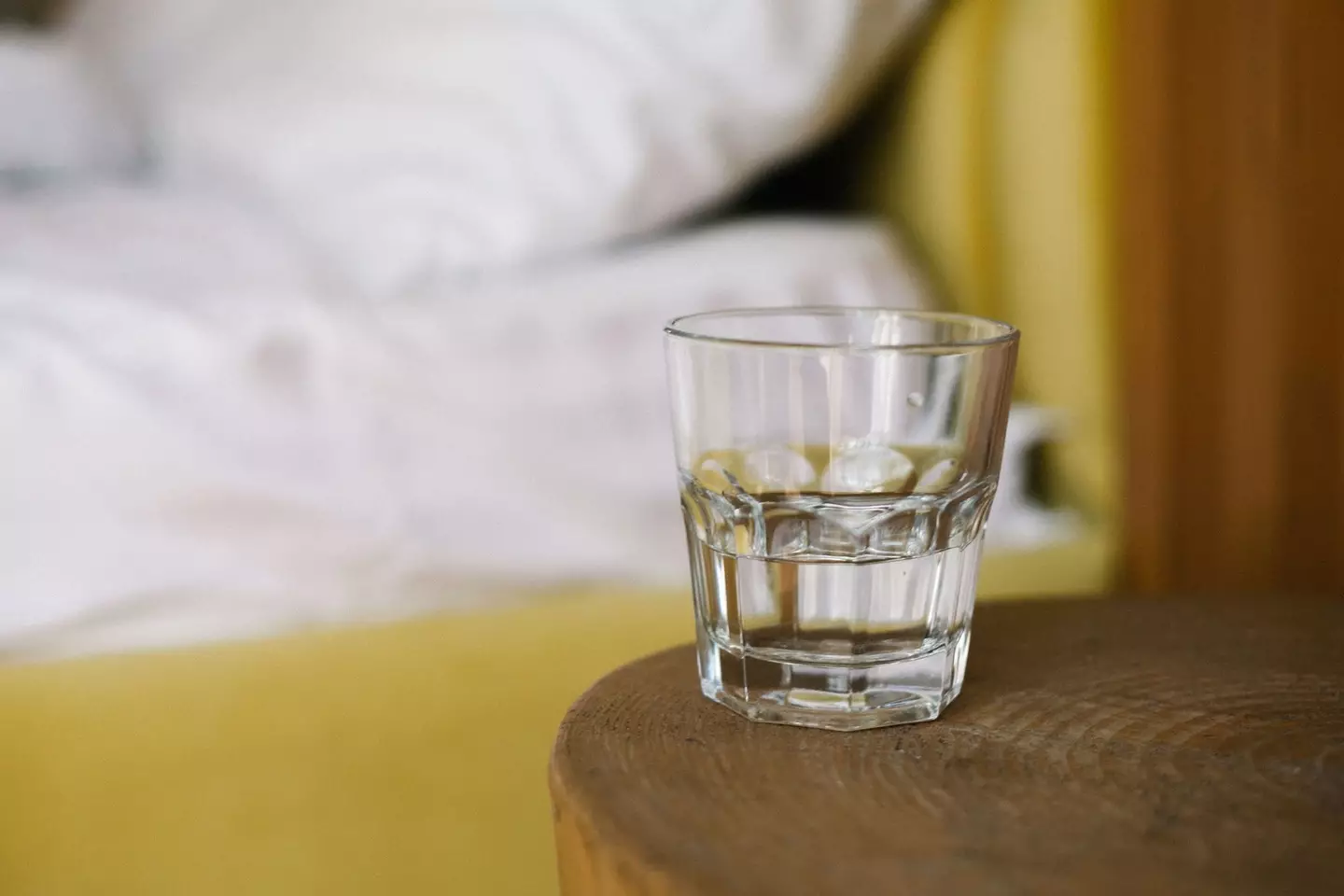
There is nothing more frustrating than having a naff night’s sleep, which is why people are always searching for ways to get themselves off to snooze-ville quicker.
But there is something things you could be doing which is stopping you from chasing dreams in the dark abyss.
Whether it’s constantly scrolling online, binging your favourite shows or chowing down on a late-night pizza, it seems there’s always something getting in the way of a good night's kip.
However, according to one expert, there’s one late night habit that could be impacting your sleep the most and you might not even realise it.
Advert

Dr Clara Doran, a sleep expert and former GP, told Metro: “Our brains are creatures of habit so once we get into the habit of getting up to go to the toilet, it can be hard to know if it’s really our bladder waking us up or because we are now in a routine of waking up then.
“Age, any concurrent medication, the volume of fluid and what we drink in the hours before bedtime can impact the need to get up to use the bathroom overnight. Specifically, alcohol, caffeine and sugary drinks can be irritative to our bladder and make this worse.
“Guidance suggests avoiding fluids two to three hours before bedtime and this is a helpful general rule to consider, especially if you make frequent toilet trips overnight.”
Obviously, don’t completely avoid liquids because dehydration before bed sounds awful.
Instead, Dr Doran suggests finding a balance.
She explained: “We must establish what works for us as individuals to balance maintaining hydration with minimising sleep disruption. To prevent waking up thirsty, drinking regular amounts throughout the day should help this.

“Keeping water by the bed is a good idea for small sips if you think you might need them.”
For some people, waking up thirsty is the bane of their nights, which is why Dr Doran noted: “Waking up thirsty in the middle of the night is most likely associated with factors such as hot weather, hormonal-driven night sweats, fever or excess alcohol or spicy food.”
This is why maintaining your hydration in the day is key, so chugging your electrolytes, staying away from salted or spicy meals, or even alcohol at night is preferable.
But the former GP added that there are other things that can hinder your sleep.
Whether it’s an emotional conversation which leaves you tossing and turning at night or a late night feast that gives you indigestion, they can both be things that slow the sleeping process down. Even exercise could be an issue as it gets your heart rate up.
Dr Doran advised: “If waking like this is a regular event for you it is important to discuss this with your doctor.”
Topics: Sleep, Food and Drink, Health
